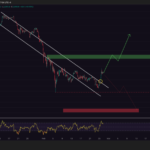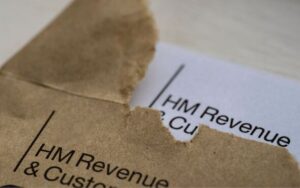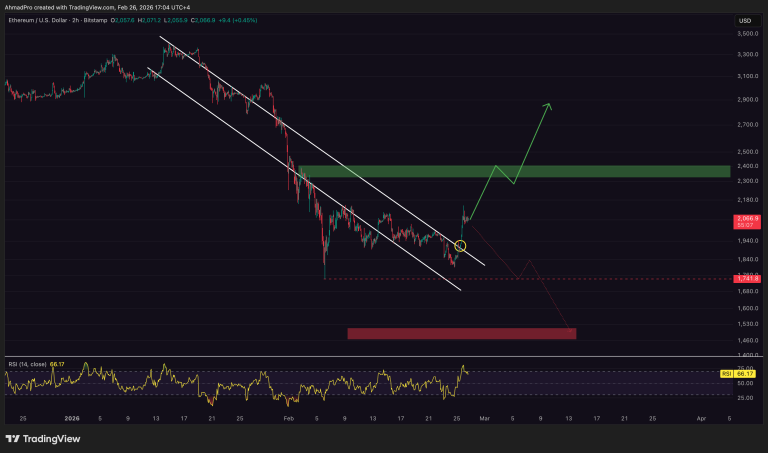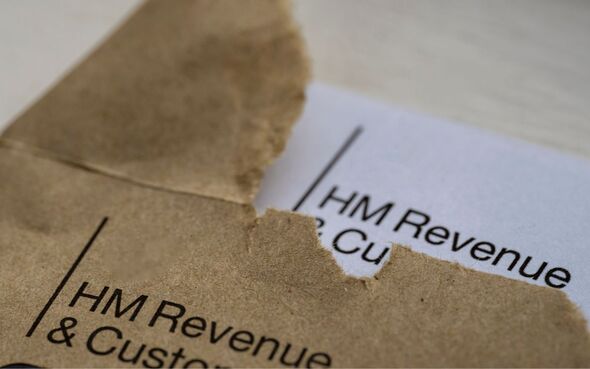
Reeves claims to have identified a £22billion “black hole” in the nation’s accounts and wants to plug it on October 30, by cutting spending and hiking taxes. Her controversial decision to axe the Winter Fuel Payment shows that she isn’t messing around.
She isn’t just going after the rich. Ordinary people will have to pay their share too, including the nation’s 35 million motorists.
As Reeves looks to raise billions, the nation’s cars, vans and motorbikes make an irresistible target.
New analysis by financial firm Evelyn Partners show that hiking fuel duty by 10p a litre could raise £5.5billion a year, plugging a hefty 25% of Reeves’ alleged black hole.
It would create an outcry among motorists and road haulage groups but Reeves may decide this is a price worth paying.
Now could be the time to do it. Fuel prices have been falling lately which could reduce the backlash.
The price of a litre of unleaded petrol has fallen 6.6% over the last year, from an average of 152p to 142p, according to RAC Fuel Watch.
Motorists still have the right to feel hard done by as the UK’s biggest retailers refuse to pass on the full drop in wholesale prices, said RAC head of policy Simon Williams. “Petrol would be 4.5p a litre lower and diesel a whole 8p cheaper if prices were fairer.”
This gives Reeves another opportunity. She could try to win drivers over by pledging a crackdown on overcharging retailers. The groundwork has already been laid.
In March, the Competition and Markets Authority (CMA) condemned rising margins and called for statutory powers to secure a better deal for drivers.
The CMA found that supermarket fuel price margins jumped from 4% to 7.6% in the five years to 2022. Other retailers widened margins from 6.4% to 7.3% over the same period, then hiked them to a thumping 9.1% in 2023.
Reeves could go after them to offset her fuel duty hike.
Fuel duty has been frozen at 57.95p a litre since March 2011. Reeves could claim it’s time motorists paid more, given today’s deficit. So what’s she likely to do?
In March 2022, the Conservatives introduced a temporary 5p cut to fuel duty help with the cost-of-living crisis. This was extended for a second year and is slated to run until March next year.
Jayne Harrold, tax partner at Evelyn Partners, suggested that Reeves may cancel this temporary 5p cut, claiming the cost-of-living crisis is over.
She could then add another 5p to fuel duty, lifting today’s charge by 10p a litre in total.
There’d be a high price to pay for this, though, Harrold says. “With VAT on top the cost to a driver filling a 55-litre tank would be £6.60 per fill up.”
If they filled up once a week on average, this would cost them almost £345 a year in extra tax.
Across the UK’s 35 million motorists, the average bill will be around £157 a year.
Fuel duty is a huge earner for the Treasury, worth almost £25billion a year. That’s more than capital gains tax and inheritance tax combined.
As the Budget looms, Reeves is gearing up to squeeze as much juice as she can out of motorists, while pointing the finger at others. From her point of view, it makes sense. Motorists may view things differently.


















